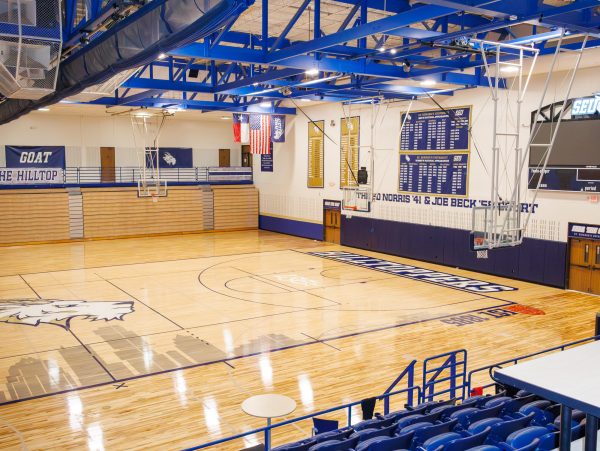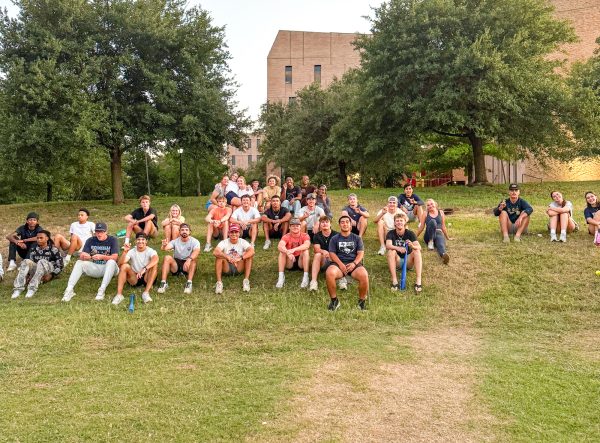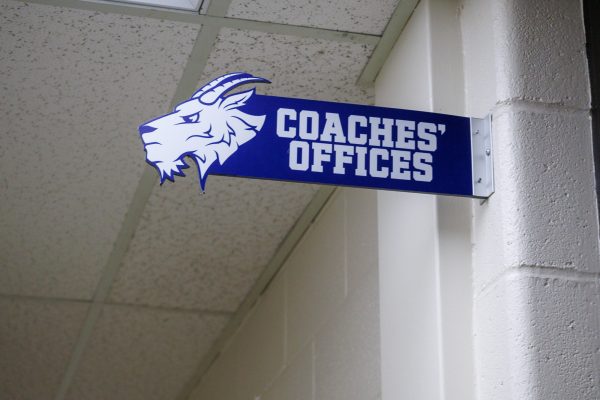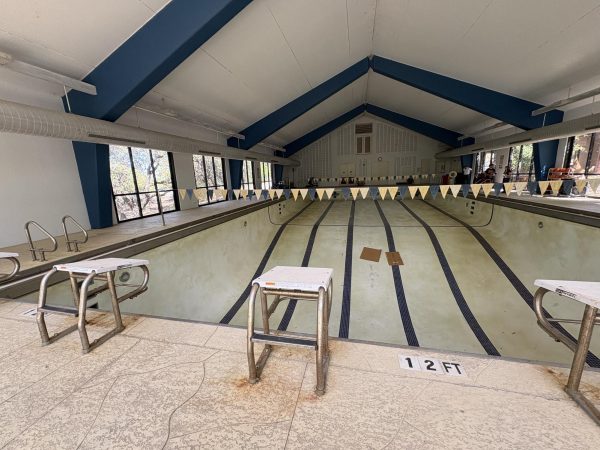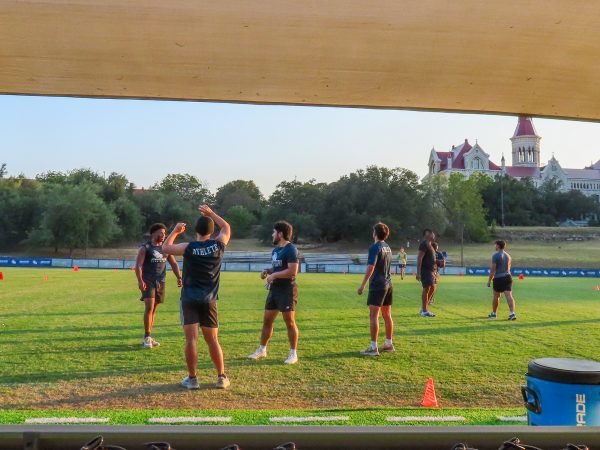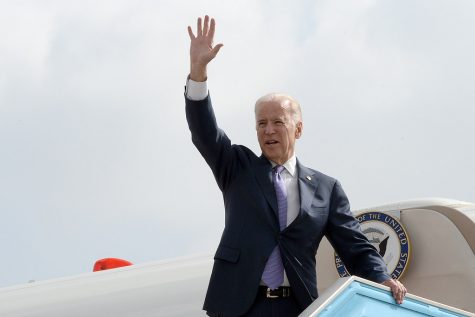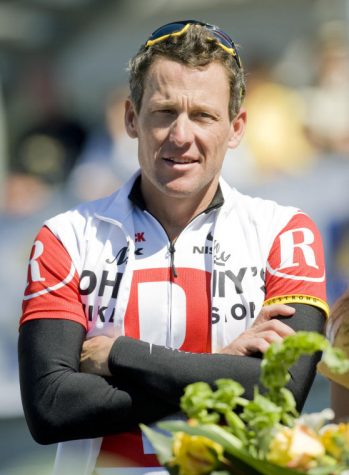Offensive climbing route names cause divide within community
The climbing community has failed to provide an inclusive environment for generations. Addressing inappropriate climbing routes is the first in working towards change.
For climbers, the honor of naming a climbing route is given to the “first ascensionist,” or the person who first climbed it. Typically, the first ascensionist is tasked with leaving metal bolts in areas which future climbers can attach their ropes. As a result of the sport predominantly consisting of white men, the current route names that exist exclude and offend climbers of other demographics such as women, people of color and the LGBTQ+ community.
A recent survey concluded that 91% of climbers say they’ve encountered a racist route name, 81% say they’ve encountered a route name that was either offensive or discriminatory in some way, 75% believe the routes should be renamed and 43% believe that the names deter people of these communities from climbing.
An anonymous surveyor responded, “When we enter the sport, they’re subtle reminders that add to a feeling of not really belonging.”
Many route names are especially derogatory towards women, through the use of inappropriate words or phrases that refer to sexual violence. For instance, Red Rock, Nevada has the “Panty Wall,” which has various routes all named in reference to women’s underwear. In Texas, some route names have been flagged due to their homophobic and transphobic slurs, references to slavery, sexual assault and sexist language. There is a lot of controversy surrounding the changing of route names, with many climbers across the internet arguing the names are nothing more than just jokes. Many haven’t been changed for years due to the dominance of white men within the climbing community. However, language is a powerful tool that can normalize ideas when gone unchallenged, and sexual assault in the climbing community itself is not uncommon.
According to a survey conducted by the #SafeOutside initiative, 47% of the women surveyed and 16% of the men had experienced sexual harassment when participating in climbing activites. These route names that are suppose to be just jokes instead normalize inappropiate language and give way for sexual assault to continue to occur within the climbing community.
“Something so trivial as a rock climbing route name can tell us so much about the world and the systems of power circulating in our society,” said Jennifer Wigglesworth, a PhD student at Queens’ University in Canada who is researching women’s experiences in climbing. “The acceptance of these misogynist route names is symptomatic of how we view women in climbing.”
Even though women make up 40% of the climbing community they still feel like they’re left on the sidelines. It is through organizations such as The B.I.G Initiative, Courageous Girls and Brown Girls Climbing, who aim to empower girls in the climbing community, that women can find a sense of belonging.
Geneviève De La Plante, founder of The B.I.G. Initiative, which aims to encourage women within the climbing community, says that changing the offensive route names “would be a big gesture to show the women that they are welcome in climbing.”
Not only do these names exclude climbers who identify with certain groups targeted by these route names, but they reflect a much bigger problem within the climbing community: the normalization of racism, sexism and homophobia.

Hi y'all! My name is Elle. I am majoring in Communication with double minors in Spanish and Journalism. I have wanted to be a writer ever since I was a...


